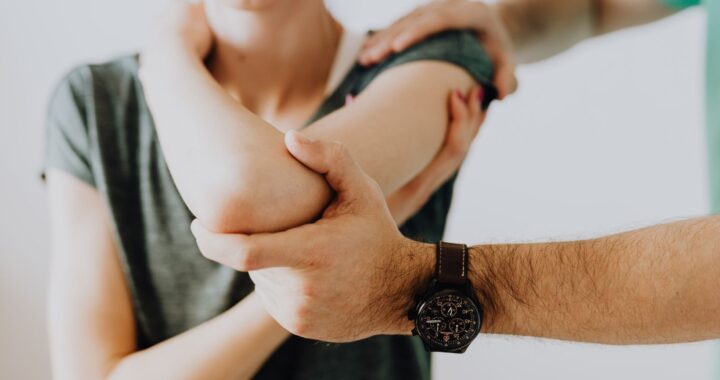
The Essential Skills Every Budding Massage Therapist Should Have
Perhaps the most vital of all skills an aspiring massage therapist could acquire is a comprehensive knowledge of human anatomy and physiology. Understanding how different structures of the human body, like muscles, bones, and systems, work together for a comprehensive effect will make therapists better off at assessing exactly what their clients need and applying just the right treatment. Foundational knowledge enables the therapist with problem areas to position their fingers, techniques, and where the possibility for harm could be. The detailed study of anatomy is a vital initial step for any professional entering the industry to ensure proficiency and confidence in delivering safe and effective services to clients.
Good Communication
Although massage is a physical practice, communication is as important. Therapists must be capable of listening to their clients so that they can understand their concerns and preferences as well as health conditions that may impact treatment. This bi-directional communication helps in gaining mutual trust between the therapist and the client, which is just necessary for easy and therapeutic interaction. Further, good communication helps the therapists educate their clients about the body and prescribe homework exercises that may be most beneficial to each of their clients. Unless the communication is strong, even the most skilled massage therapist may fall short in satisfying the needs of their clients.
Empathy and Emotional Intelligence
Empathy and emotional intelligence are the cornerstones in the personal development of a future massage therapist. After all, many clients come for massage therapy to relieve physical tension, reduce stress, regulate emotional tension, or somehow learn to live with trauma. Empathy connects the therapist with the client on an emotional level and enriches the therapeutic approach.

This helps therapists to understand the client’s emotional state and tailor their treatments to the best possible effect. Sensitivity has the potential to make the therapeutic experience even more rewarding because, in most cases, being understood and cared for often goes hand in hand with the physical treatment.
Resilience and Lifelong Learning
Massage therapy is a dynamic profession that keeps changing, with many new techniques, technologies, and research emerging on a routine basis. The massage therapist should also be flexible and open to lifelong learning, whether through massage therapy school or self-learning, in order to be up-to-date on current trends in the profession and the changing needs of clients. Continuing education and professional development give a therapist an opportunity to sharpen their skills, explore other modalities, or expand their services. It is an important attribute in career growth and assurance of optimal care for clients. Change happens, and the ability to learn is integral to a long-lasting massage therapy career.
Skill in a Range of Massage Techniques
To address a wide variety of client needs, a student massage therapist should acquire skills in various massage techniques. From relaxation in Swedish massage to the relief of chronic muscle tension with deep tissue massage, each technique applies to a specific purpose. It makes them versatile in these methods so that therapists can offer treatments based on the individual preferences and physical conditions of their clients. Within massage therapy training, the student will be exposed to many different modalities in hopes of finding which techniques will best serve their future career needs.
Physical Stamina and Strength
The work of massage therapy can be very physically taxing. It takes a lot of stamina, strength, and endurance. Many hours may be spent on one’s feet using hands, arms, and upper body, and pressure may be applied to one’s client’s muscles. It is important to note that prospective therapists should develop their physical stamina, too, as occupations require them to continue with peak energy all through the workday without getting tired or injured. Regular exercises, correct posture, and self-care activities will help a therapist maintain their physique, which is very important in maintaining a long-term successful career.

Without strength and stamina, therapists may not be able to continue giving good treatments.
Business and Marketing Skills
To most massage therapists, but particularly to those who would like to work in a private setting or open an independent practice, a business and marketing understanding is more than vital to career success. Knowing how to manage appointments, keep records of earnings, and promote their services to prospective clients means a therapist can successfully develop and maintain a healthy practice. Social media, networking, and building a strong brand presence are among the ways therapists reach new clients and retain their clientele base. With such business proficiencies, massage therapists can realize both financial success and professional fulfillment in their careers.
A broad range of skills- from knowledge of anatomy to the ability to communicate and be empathetic with people- is needed to be a successful massage therapist. Abilities in different types of massage techniques, physical strength, and business processes will similarly help the massage therapist with a rewarding, full career. It’s through this process that potential therapists commit themselves to continuous learning and self-improvement, meeting their client’s needs and concurrently prospering well in an ever-changing field. By focusing on these core competencies, a new massage therapist will be prepared for long-term success and professional development.





